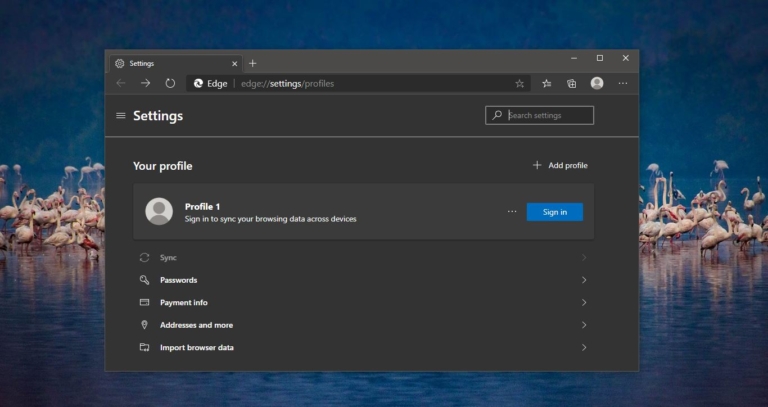

If a game refuses to start because you "don't have enough VRAM," upping this value might fix that. This doesn't actually increase your VRAM it just modifies that dummy value. Thus, you can modify a Registry value to change the amount VRAM your system reports to games. The system reports that dummy value simply so games see something when they check how much VRAM you have. In fact, for integrated graphics, the Dedicated Video Memory value is completely fictitious. Faking a VRAM Increase in Windowsīecause most integrated graphics solutions automatically adjust to use the amount of system RAM they need, the details reported in the Adapter Properties window don't really matter. If you can't change it, there's a workaround that might help you. Not every CPU or BIOS has this option, though. The default is usually 128MB try upping this to 256MB or 512MB if you have enough to spare.

These should contain an option to adjust how much memory you allocate to the GPU.

Inside that, look for a secondary category called something like Graphics Settings, Video Settings, or VGA Share Memory Size. Enter your BIOS and look for an option in the menu named Advanced Features, Advanced Chipset Features, or similar. The first method is adjusting the VRAM allocation in your computer's UEFI or BIOS.


 0 kommentar(er)
0 kommentar(er)
